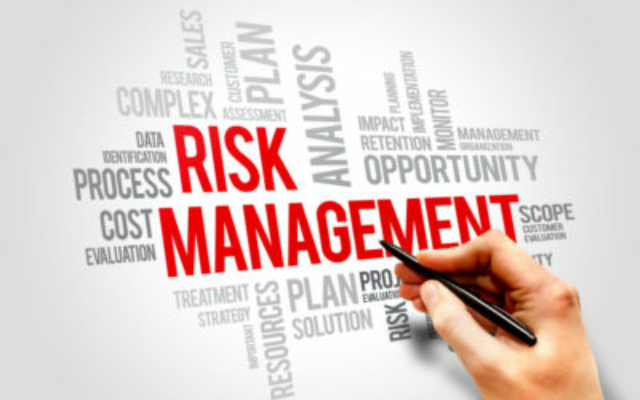What Is A Contract – In the simplest terms, a contract is a promise enforceable by law. A promise is a commitment that something will or will not happen in the future.
Control Element – In successful companies today, a critical element of their overall Business Management System is Contract Management. It involves creation, negotiation, management, execution, and performance analysis of contracts made with clients, suppliers, employees, contractors or partners. Effective Contract Management maximizes operational efficiency, reduces risk and improves profitability.
Contractual Documents – Typical contractual documents include; letters of intent, purchase orders or agreements, requests for proposals, sales contracts, sub-contracts, frame agreements, confidentiality or intellectual property agreements, non-compete agreements, service agreements, consulting agreements and others. Most contracts have two distinct areas, one covering the commercial and legal terms and conditions, and the other covering the technical or business scope (the promise).
Personnel – Contract Management personnel have multiple skill sets including oral and written communication, negotiation, familiarity with antitrust laws and concepts, technical and business understanding of the contract deliverables, and the ability to work in a team. The flexibility and skill to switch roles as buyer and seller of a product or services is required.
Contract Creation – In my experience, the most efficient method for creation of contractual documents is the use of management-approved and legally pre-vetted standard documents, templates or clauses (aka “boiler plate”). “Boiler plate” language represents the company’s formal position on contractual elements of risk such as liability, indemnification, warranty, consequential damage, insurance, pollution and other risk-related topics. This approach saves significant time and cost to create usable contract documents, and minimizes the overall labor required in the process. The creation of the technical or business scope can follow similar principles, unless the scope is new.
Contract Management – After negotiation and execution, the contract manager, must keep a constant vigil to ensure work progress is in accordance to contract terms. Company management and other project team members are updated on potential legal issues that may emerge during the contract lifecycle. The execution process also involves, controlling performance risks, non-conformances, and contract deviations, including their disposition. If the level of effort to support the process justifies the cost, there are software products available to aid in contract creation, management and administration. In Contract Management situations I see, expensive software and a large staff is often not necessary. Experienced personnel, a documented process, good document templates and proven tracking/status forms will work in lieu of software “systems”. In my experience, “systems” are not as efficient as qualified human oversight in managing unforeseen events.
This article is not intended as a ‘how-to’ for Contract Management, only an overview highlighting its important role. If your company is having contract negotiation, creation, management or performance analysis challenges and want to discuss possible solutions, please contact the author at [email protected].












